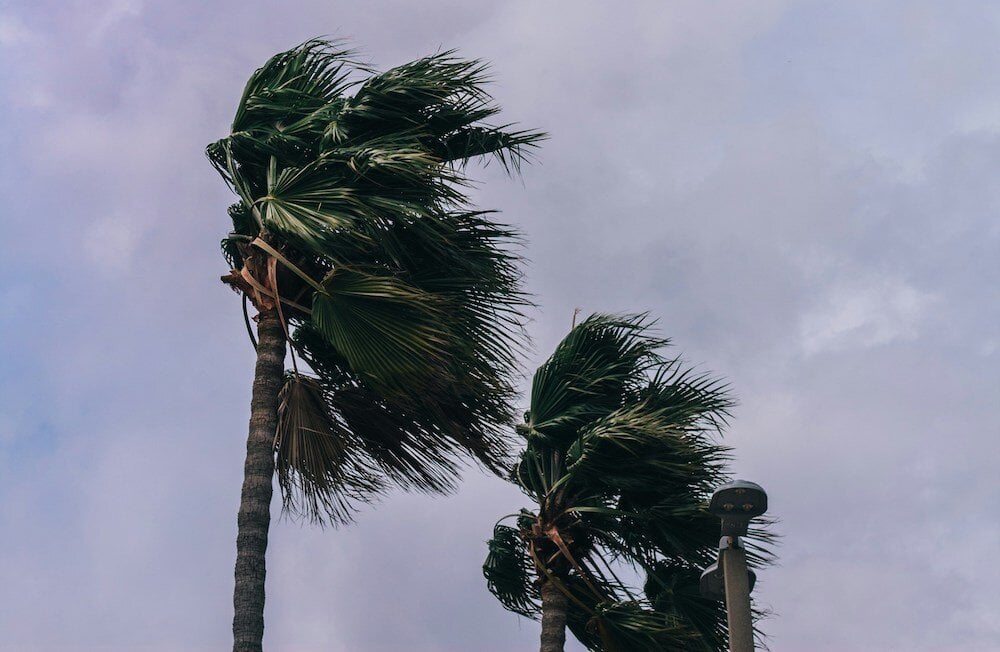Hurricanes can be devastating natural disasters, causing significant property damage and posing serious threats to human life. By being prepared and taking proactive steps, you can significantly reduce the impact of a hurricane on your family and community. This guide will provide you with essential information and resources to help you prepare for and respond to hurricanes.
Related Article: WEATHERING THE STORM: YOUR FINANCIAL PREPARATIONS FOR HURRICANES
Preparing Months/Weeks Leading into Hurricane Season
Hurricanes can strike unexpectedly, so it's crucial to be prepared well in advance. By taking the necessary steps now, you can significantly reduce the potential damage and disruption caused by these powerful storms.
Here are some key considerations for preparing months and weeks before hurricane season:
Assemble an Emergency Kit
Gather essential supplies for survival, including non-perishable food, water, first aid supplies, a flashlight, batteries, a battery-powered radio, and a manual can opener.
Develop a Family Emergency Plan
Discuss evacuation routes, communication strategies, and designated meeting points with your family members.
Review Insurance Coverage
Ensure your homeowner's or renter's insurance adequately covers hurricane-related damage. Consider purchasing flood insurance if you live in a flood-prone area.
Strengthen Your Home
Secure loose objects outside, trim trees and shrubs, and consider installing storm shutters or impact-resistant windows.
Create an Evacuation Plan
Identify potential evacuation routes and destinations, and make arrangements for your pets.
Preparation for the Week of and Days Leading up to the Storm
As a hurricane approaches, it's important to remain vigilant and take immediate action to protect yourself and your property. Here are some essential steps to take during the week of and days leading up to the storm:
Monitor Weather Forecasts
Stay updated with local news and weather reports to track the storm's path and intensity. Have a reliable weather radio or smartphone app.
Restock Supplies
Replenish your emergency kit with fresh batteries, food, water, and other essential items.
Secure Your Home
Bring in outdoor furniture, secure garage doors, and consider sandbagging your property if flooding is a concern.
Prepare for Power Outages
Have a backup power source, such as a generator, and ensure you have adequate fuel.
Stay Informed
Follow the guidance of local authorities and be prepared to evacuate if necessary.
Considerations for the Day the Storm Arrives
When a hurricane makes landfall, it's crucial to prioritize safety and minimize risks. Here are some essential guidelines to follow on the day of the storm:
Stay Indoors
Avoid unnecessary travel and stay away from windows.
Follow Safety Instructions
Listen to local authorities for updates and instructions, and be prepared to follow evacuation orders.
Be Prepared for Power Outages
Have a backup lighting source, such as flashlights or candles.
Conserve Water
Limit water usage to essential needs.
Stay Calm and Informed
Avoid spreading misinformation and stay updated with reliable news sources.
Things to Consider After the Storm Has Come and Gone
Once the storm has passed, it's important to assess the damage, prioritize safety, and begin the recovery process.
Here are some key considerations:
Safety First
Avoid downed power lines, flooded areas, and damaged structures.
Assess Damage
Document property damage for insurance claims and contact your insurance company.
Clean Up Debris
Safely remove debris from your property, including broken branches, fallen trees, and damaged materials.
Restore Utilities
Contact your utility companies to report damage and request service restoration.
Community Support
Help your neighbors and community members recover by volunteering or providing assistance.
Stay Informed
Follow local news and government updates for information on recovery resources and assistance programs.
Important Resources for Hurricane Preparedness and Recovery
- Federal Emergency Management Agency (FEMA): Provides disaster assistance and preparedness information.
- National Weather Service (NWS): Offers weather forecasts, warnings, and advisories.
- American Red Cross: Provides disaster relief, blood donation services, and health and safety education.
- Ready.gov: Offers comprehensive information on disaster preparedness and response.
- Hurricane Preparedness Guide (State of Florida): Provides tailored information for Florida residents.
- Disaster Assistance.gov: Offers information on federal disaster assistance programs.
- Local Volunteer Organizations: Many local organizations offer volunteer opportunities and assistance to those affected by disasters.
- Community Centers and Churches: These organizations often provide food, shelter, and other resources to those in need.
- Social Media Groups: Local social media groups can be a valuable source of information and support.
Hurricanes can be devastating natural disasters, but with proper preparation and awareness, you can significantly reduce their impact on your life. By following the guidelines outlined in this article, you can create an emergency plan, protect your property, and ensure the safety of yourself and your loved ones.
Remember, being prepared is key to weathering the storm. Stay informed, take action, and be resilient in the face of adversity.



